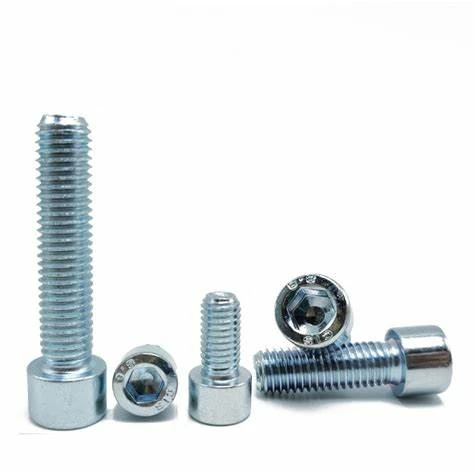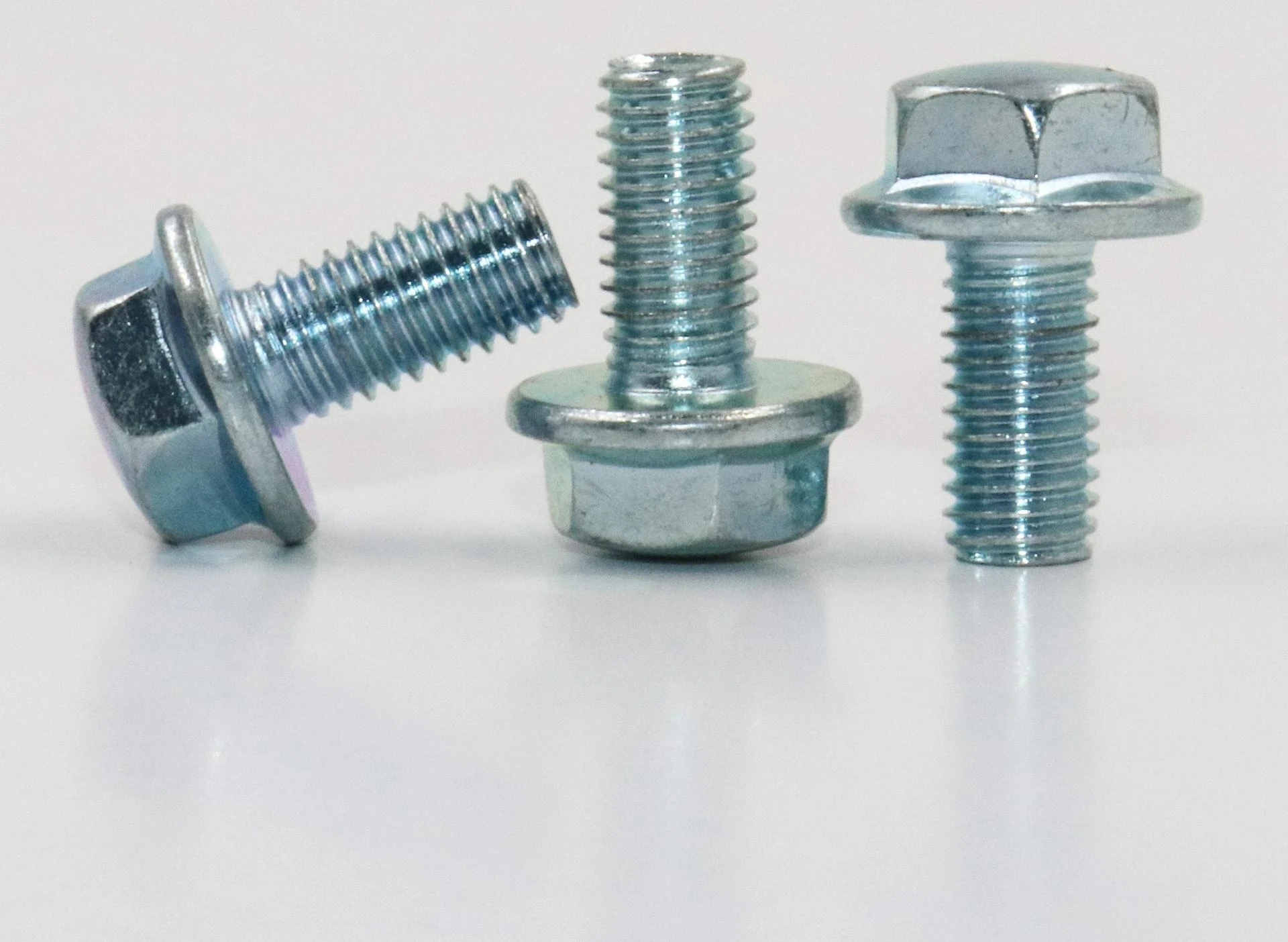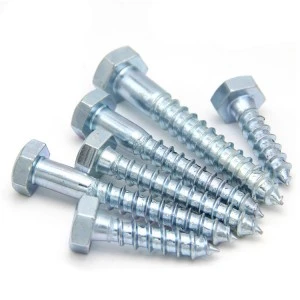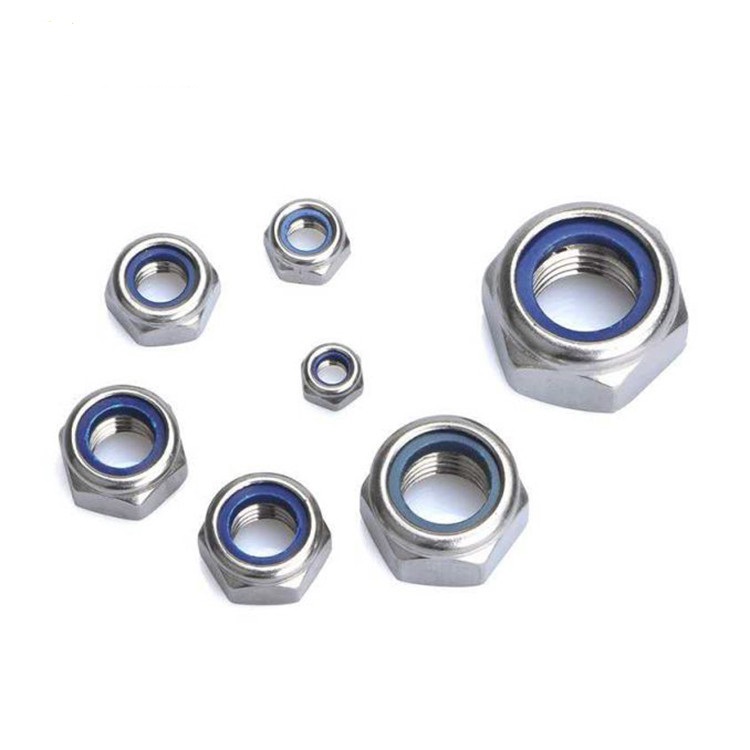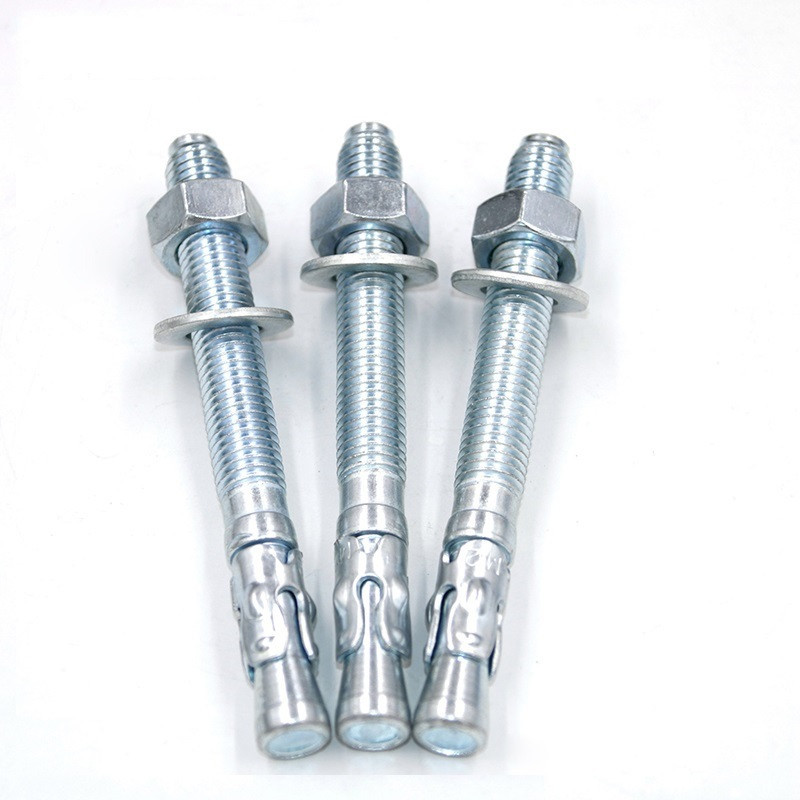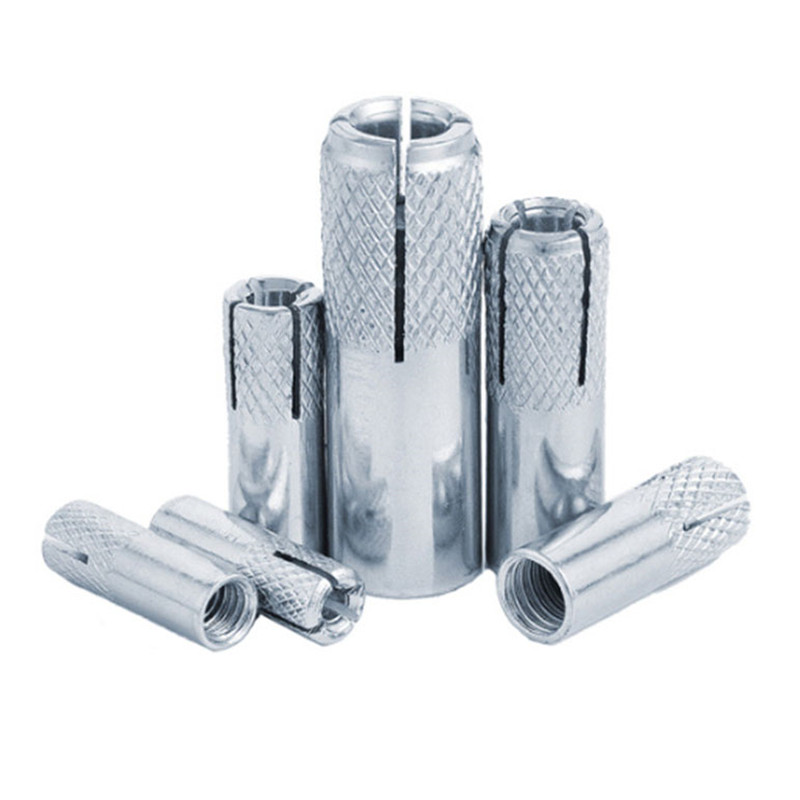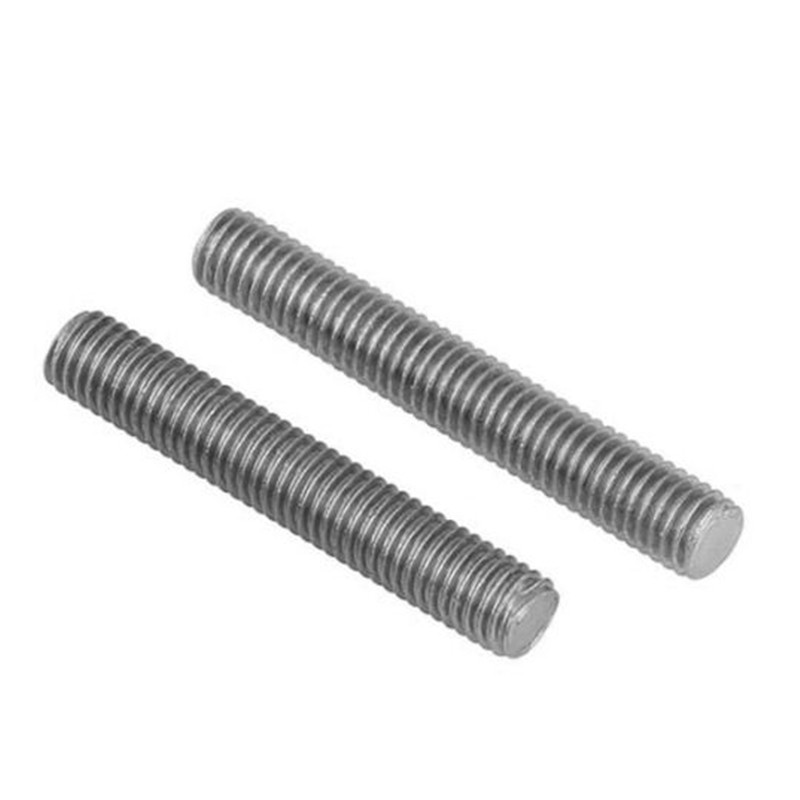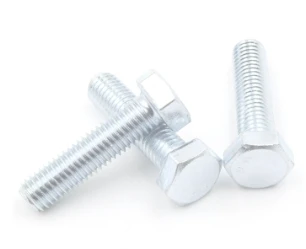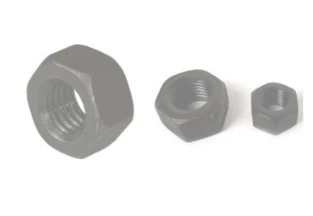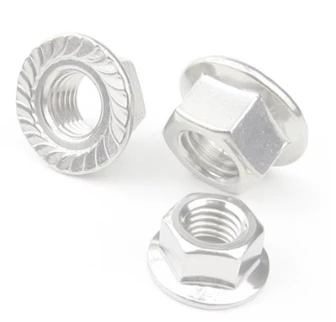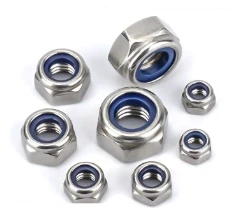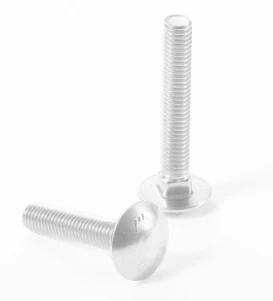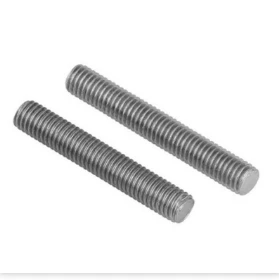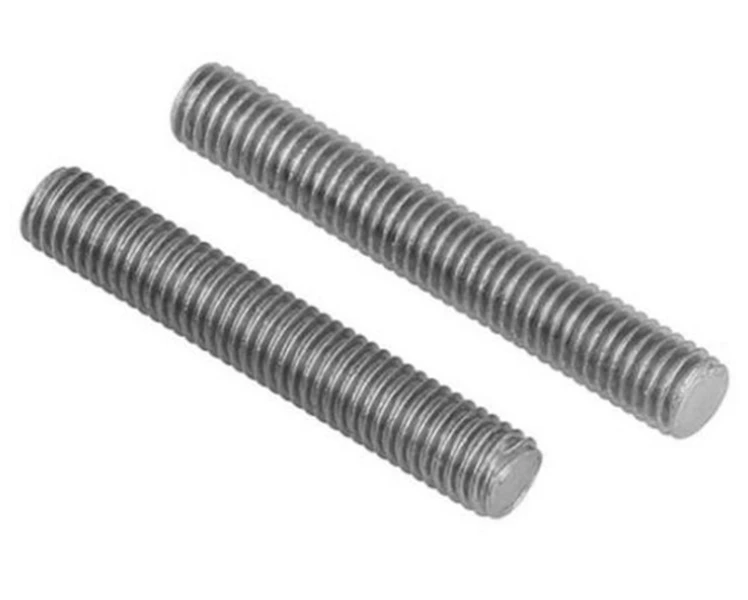On 14th December the European Commission disclosed its additional conclusions for the AD676 anti- dumping investigation, which included only a small reduction of duty rates previously calculated of between 1.8% to 3.3% – based on the downward revision of the benchmark used to calculate the exporting producers’ electricity costs.
Тут Фолькер Ледерер, президент Європейської асоціації дистриб’юторів кріпильних виробів (EFDA), висловлює свої думки щодо розкриття інформації 14 грудня.
“In proposing duties of up to 86.5% on Chinese fasteners, the EU is creating a permanent supply problem for the European industry thereby putting 'Made in EU’ at risk. The excessively high duties will hit European companies at a time when they are already suffering from massive supply problems. It is completely incomprehensible that the European Commission wants to make the supply situation even worse under these exceptionally difficult circumstances.”
The European Commission intends to impose an anti-dumping duty on imports of screws and other iron and steel fasteners originating in the People’s Republic of China. A duty of 39.6 % is planned for a limited group of Chinese fastener exporters (previously listed as 41.8%). However, the general duty rate is still to be a whopping 86.5% (previously listed as 89.8%). The Commission initiated the investigation on 215t December 2020, following a complaint lodged by European fastener producers.
За даними Комісії, мита мають бути введені не пізніше 17 лютого 2022 року. Перед цим уряди країн-членів ЄС проголосують за остаточний захід.
The planned duties will hit all sectors of European industry, craft, and commerce, as well as European consumers, all of which depend on the reliable supply of fasteners manufactured to international standards. These ostensibly simple, low value pieces of precision engineering – whether bolts, screws Or washers – are indispensable for the manufacture of cars, bicycles, washing machines, solar panels, combine harvesters, furniture, and trains, as well as for use in installation and repair work by craftsmen or for repairing the garden door or attaching a picture in one’s own home. But the impact of duties will also be felt by schools, food manufacturers and the health sector, which need school desks, refrigeration equipment or medical devices literally held together by fasteners. Without the right fasteners, none of these final products or structures is viable.
Європейські імпортери, оптові продавці та дистриб’ютори кріпильних виробів постачають європейській промисловості широкий асортимент кріпильних виробів і гарантують, що продукція доступна в потрібний час у потрібному місці у клієнта. Для промисловості постійна наявність стандартних деталей є необхідною, щоб їхня продукція могла продовжувати вироблятися в ЄС і успішно продаватися на світових ринках. Будь-який, навіть незначний, збій у ланцюзі постачання кріплення має непропорційний вплив на ситуацію з постачанням. Тому будь-яке втручання в ланцюги поставок має бути добре продуманим.
Існуючі вузькі місця у постачанні кріплень уже ускладнюють задоволення попиту промисловості та споживачів на кріплення. Терміни доставки кріплень у багатьох випадках зросли втричі за минулий рік і наразі становлять від 8 до 14 місяців. Витрати на морські контейнери в десять разів вищі, ніж у 2019 році, а ціни на сировину, як-от сталь, також різко зросли. Зупинки роботи на заводах у всьому світі через пандемію ще більше ускладнюють ситуацію. Це не тільки призвело до дефіциту кріплень, але й різко підвищило їх вартість.
At 86.5%, the planned duties on Chinese fasteners are even higher than those imposed from 2009 to 2016, which were eventually withdrawn following a succession of negative rulings against the EU by the World Trade Organisation (WTO). During that period the import flow from China completely collapsed. European manufacturers, despite assurances to the Commission to the contrary, were either unable or unwilling to the shortfall – which was substituted almost entirely by importers moving to other Asian manufacturing countries.
Тепер, незважаючи на численні докази від EFDA, Комісія, очевидно, має намір піти ще краще! У середовищі ланцюга поставок, яке є значно гіршим, ніж у 2009 році, запропоновані мита встановлюються майже вдвічі вище цін, які вже вибухнули за останні дванадцять місяців. Крім інфляції для широкого кола європейських користувачів і споживачів кріпильних виробів, застосування мит створить ще більше навантаження на і без того жорстко обмежені можливості виробників за межами Китаю та ще більше збільшить вузькі місця в постачанні. Враховуючи вже існуючу кризу постачання та силу запропонованих мит, наслідки для економіки та споживачів будуть руйнівними. Комісія, однак, повністю ігнорує ці наслідки!
The planned duties on Chinese fasteners will create an unbridgeable permanent supply gap that will not be covered by switching to manufacturers in Europe or elsewhere in the world. In other East Asian markets such as Taiwan, Thailand or Vietnam, production capacities have already been exhausted since US companies began claiming resources here a few years ago in response to the Trump administration’s protectionist duties on Chinese imports.
Європейські виробники кріплень також не доступні як замінники. Їхні можливості вже вичерпані, а покращення не видно. Майже без винятку європейські виробники виробляють високоякісні спеціальні запчастини, наприклад, для світової автомобільної промисловості, тоді як імпорт з Китаю стосується простіших стандартних деталей. Для цих стандартних деталей виробники ЄС ніколи не забезпечать достатню виробничу потужність. Не робили цього і під час введення мита на китайські кріплення з 2009 по 2016 рік.
In 2016, the Commission was obliged to withdraw its anti-dumping duties overnight due to a series of WTO rulings that demonstrated their basis was irreparably flawed. “Now the Commission is repeating its mistakes by imposing disproportionately high duties without any need. A duty level of 86.5% in no way reflects the realities of the market. As in 2009, the Commission calculates the duty level on a data basis that is not representative at all. It is based on the costs and price of one single fastener product type out of several hundred, produced by one out of many Chinese fastener manufacturers. The Commission deliberately chose this particular approach because it yields the largest margin for a duty and makes it the benchmark for the China business.
The European Fastener Distributor Association (EFDA) represents the interests of importers, wholesalers, and distributors of fasteners in Germany and Europe. EFDA has been actively involved in the Commission’s investigation process as an interested party from the very beginning and has presented comprehensive arguments and evidence why the imposition of duties on Chinese fasteners is not appropriate. To the dismay of EFDA, the Commission has barely addressed the association’s input in its decision.
This duty has nothing to do with establishing a level playing field. Rather, it arbitrarily distorts an already extremely strained market. National governments of the EU Member States need to take the interests of their European manufacturing, construction and consumer economies seriously and council the Commission to reconsider its proposals.”
Post time: Гру . 17, 2021 00:00



